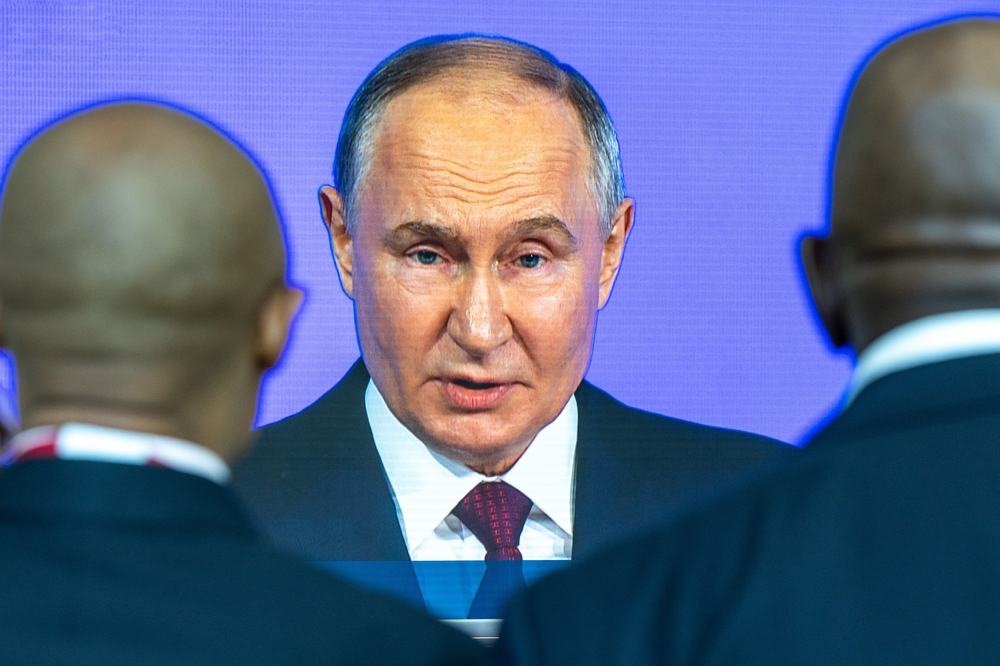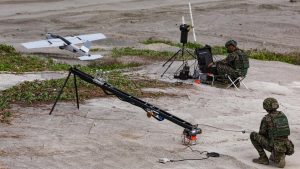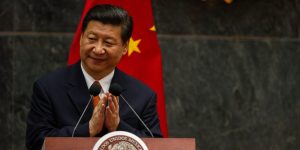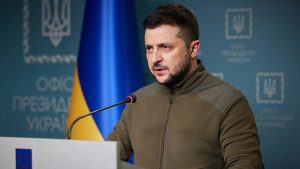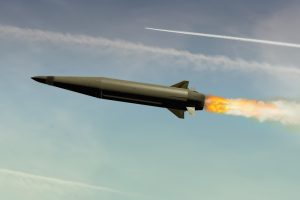Putin set a deadline for state companies to switch entirely to domestic programs by January 2025.
Others are reading now
Modern industries run on software. From automating processes to managing supply chains, reliable programs are essential. But in Russia, that reliability has become a rare commodity.
The exit of Western tech giants like Microsoft, Oracle, and SAP has left businesses scrambling to adapt.
For many, the gap remains impossible to bridge, according to Ziare.
When Western developers left following the war in Ukraine, Russian companies turned to domestic software.
Also read
However, these tools have struggled to keep up. Ilia Massuh, head of Russia’s Competence Center for IT Import Substitution, reported that domestic programs fail to address over 400 critical business needs.
Even when solutions exist, they often need major upgrades to work effectively.
Putin’s Deadline is Coming Up
Some sectors are harder hit than others. Agriculture lacks software for 159 essential processes.
The automotive industry has no solutions for 56 tasks and inadequate tools for 45 more. Engineering and housing utilities are also struggling.
Dependence on foreign software remains high in these areas, particularly for automation and design.
Despite directives from the Kremlin, the transition to local software has been slow. President Vladimir Putin set a deadline for state companies to switch entirely to domestic programs by January 2025.
Yet in 2024, state enterprises spent over 24 million rubles on Microsoft products. The reliance on foreign programs persists, even as new sanctions further complicate access.
Experts say creating functional replacements is a long-term challenge. Aleksei Uceakin from EdgeCentre described the situation as like “switching from a Mercedes to a Lada Aura.” It works, but the difference in performance is glaring.
Massuh believes it could take 14 to 15 years for Russia to develop competitive alternatives. Even then, whether they’ll match foreign programs remains uncertain.
Developers face obstacles such as high costs, inefficiency, and the sheer complexity of the task.

